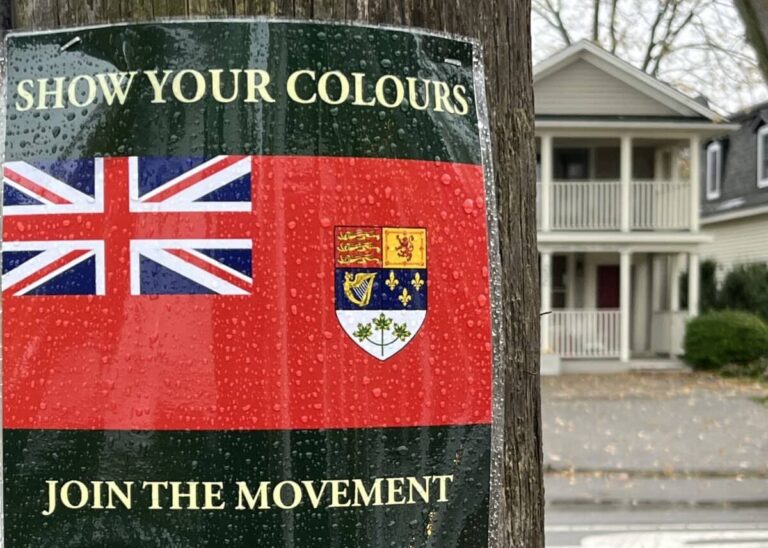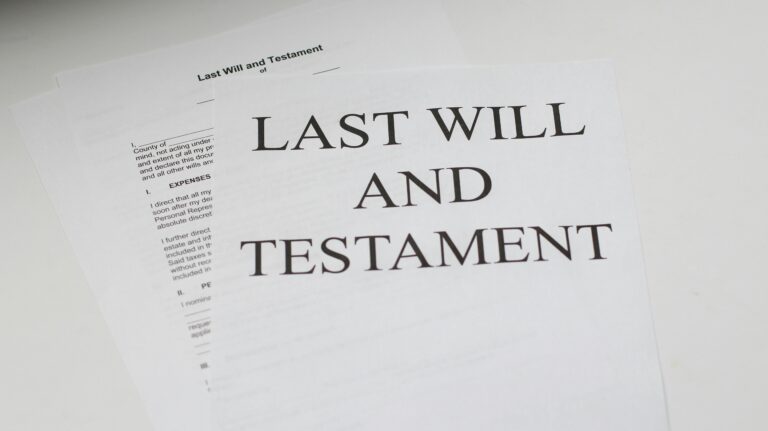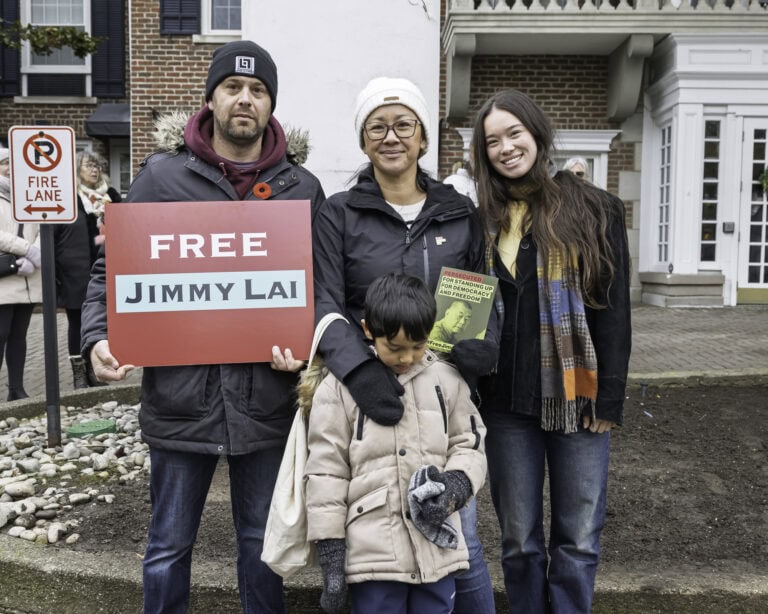Members of the Town of Niagara-on-the-Lake's inclusivity committee submitted the following report about the work of their group, which is comprised of Jamie Knight and Niki Walker (co-chairs), Richard Mell, George Webber, Bex McKnight, Kiera Sangster, Sandra Gruosso and Coun. John Wiens.
“Inclusivity” is a word that has popped up a fair amount over the past year or two. It has been in the newspapers, on the town’s website and was the basis of a survey circulated earlier in the year.
Recently, Inclusivity initiatives have stirred some controversy, so it seems high time to give some meaning and context to “Inclusivity” and related terms, especially as they relate to Niagara-on-the-Lake.
The use of the term “Inclusivity” is becoming increasingly frequent in workplaces, clubs and social groups, volunteer organizations, elected bodies of government, and even entire communities.
For instance, in 2020, Niagara-on-the-Lake and the other municipalities that make up Niagara Region joined the Coalition of Inclusive Municipalities. In doing so, the town committed to valuing diversity and respecting all residents; giving residents full access to resources and decision-making processes; promoting equal treatment and opportunity; working to eliminate all forms of discrimination; and responding quickly to racist and other discriminatory incidents.
Inclusivity (or inclusion) is often linked with two other equally important terms, “diversity” and “equity,” under the acronym DEI.
Diversity measures the degree to which people of different races, religions, ethnicities, ages, abilities, economic classes, genders and sexual orientations are present in a specific workplace or social environment. In effect, diversity is a snapshot of the way things are.
Equity is the concept of providing fair opportunities for everyone in a diverse group, taking into account their individual needs. Equity celebrates individual differences and strives to recognize and value the good faith contributions of all members.
In NOTL, inclusivity is the focus of a town committee that was formed by council. The inclusivity committee, like the town’s many other committees, is an advisory group made up of volunteers and a council member, assisted by town staff.
Committees exist to develop expertise among committee members, provide outreach to residents and related organizations, and make recommendations to council. Committees do not have the authority to spend money or commit town resources to any initiative or ongoing work unless expressly empowered to do so by council.
Recently, for example, the inclusivity committee recommended that council consider installing a rainbow crosswalk and rainbow bench(es), like many other Ontario municipalities already have, as a way of showing that NOTL values and welcomes members of the 2SLGBTQ+ community. The final decision, timing, and funding of projects such as these rest with council, as our duly elected representatives.
Over the past couple of years, DEI issues such as racism toward BIPOC (Black Ingegnous people of colour) Canadians and the ongoing legacy of residential schools have begun to enter mainstream consciousness.
At the same time, incidents of intolerance and hate crimes, such as attacks on Islamic and Asian Canadians, assaults on 2SLGBTQ+ individuals, and the defacing of Pride symbols, religious places and memorials for marginalized groups, have been rising.
Given all of these developments, and considering that people of various races, ethnicities, religions and sexual orientations live and work in NOTL, it is more important than ever to consider how our town responds to issues of inclusivity.
Many people see DEI initiatives as a means of building a better, more just, society. These initiatives can only succeed when we bring empathy, compassion, and open hearts and minds to the table, however.
There remains plenty of room for discussion — and even vigorous debate — when it comes time to put concepts into action, but we must be willing to start from a place of respect and openness for any true debate to take place.
In the months ahead, the inclusivity committee looks forward to presenting further details about ideas and initiatives that we are debating and forwarding to the attention of council.
We trust that this introduction to the committee's work will give readers a better sense of what we do and what key words actually mean.
Most importantly, we welcome input from anyone who is interested in learning more and participating in our activities and discussions.
Please visit the town’s Join the Conversation page for our committee (www.jointheconversationnotl.org/inclusivity) or reach out to us by email inclusivity.committee@notl.com.








